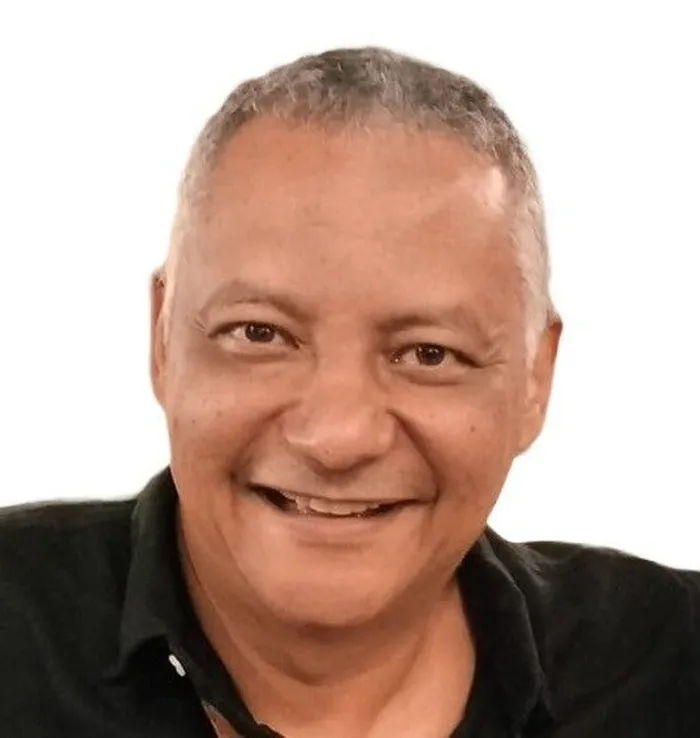
Ashley Green-Thompson runs an organisation that supports social justice action.
Image: Supplied
Here’s a sweeping statement. In any situation where there is a political or social conflict, those in power and benefiting from the oppression will try to reduce the conflict to something softer than structural injustice. Under apartheid, there were many groups, often religious, who would say that blacks and whites just needed to get to know each other. So exchange visits between the suburbs and townships (usually it was visits by suburban types to townships and not vice versa) were quite in vogue. I recall hearing about similar setups in the north of Ireland during the struggle against British occupation, where the cause of the conflict was often reduced to religious and cultural intolerance. Whole movements and institutions were established to facilitate the coming together of different communities, ostensibly to foster peace. If you looked at those situations from a distance, perhaps from another country, and you were concerned about peace for the people affected by the conflict, you would celebrate these comings together, or as the Afrikaans word more aptly describes it – toenadering.
It is easy to see these as the solution. I befriended a doughty Ulsterman during a visit to South Africa by young activists from across the Irish political spectrum. This was the late nineties - just after the protagonists in the Irish conflict signed the Good Friday peace agreement. It looked very good that political opponents were travelling and learning together. It took a visit to Belfast and Derry for me to get to grips with how dangerous these types of exchanges can be. They often obscure the difficult structural causes of the conflict that are complex and require radical change in power relationships. By shifting the focus to cultural and social sharing between beneficiaries of a system and its victims drains the energy of resistance and diminishes the impetus for real change. They look for the kumbaya moment where parties hug and pledge greater understanding and compassion for each other, creating distraction and space for the powerful to carry on their nefarious agenda.
I have found that physical presence in a place allows you to gain a deeper understanding of that reality than you would get from only reading about it or watching it on the screen. You are able to understand more deeply the dynamics of the conflict. When you see the geography of the place, you can picture how daily life happens, and how resistance or protest might look. I once visited Sudan during the time of the civil war, and it helped me develop a stronger understanding of the struggle for self-determination by the South Sudanese.
My recent visit to Bangkok told me a lot about how the monarchy there affects Thai people. The city was awash with images of the recently deceased Queen Mother, and almost every main street was decorated with symbols of mourning. It was moving, but I couldn’t help wondering how much of it was deflecting from the real problems many in the country have with the royal family’s role in politics.
Not everyone can go to these places. I doubt I will get to Myanmar/Burma, or to Sudan again. And I don’t think it’s easy to visit Palestine now. We tend to throw our hands up in despair at the complexity there, and the appeal of the ‘kumbaya – let's meet each other halfway in cultural and religious understanding and acceptance’ can be tempting.
The next best thing to actually being in a place where there is conflict is to listen with great attention to someone who is from there, steeped in and shaped by the reality of living there. So, a bit of a plug for those of you living in Joburg. On Tuesday, November 25, I will have the singular privilege to moderate the launch of ‘Conquest or Leaven’, a book by the Jesuit priest David Neuhaus, a South African-born Jew who lives in Jerusalem. He reflects on the structural and historical drivers of the conflict, and the connectedness of the protagonists in Palestine/Israel. He holds a hope-filled brief for his beloved adopted homeland, but he doesn’t shy away from the difficult questions and challenges it faces. I know I will always seek out opportunities to engage with the ones who come from the heart of struggle, and who have the struggle for justice in their hearts. Next week, I hope to have a new insight into the struggle for justice in Palestine.
Related Topics: